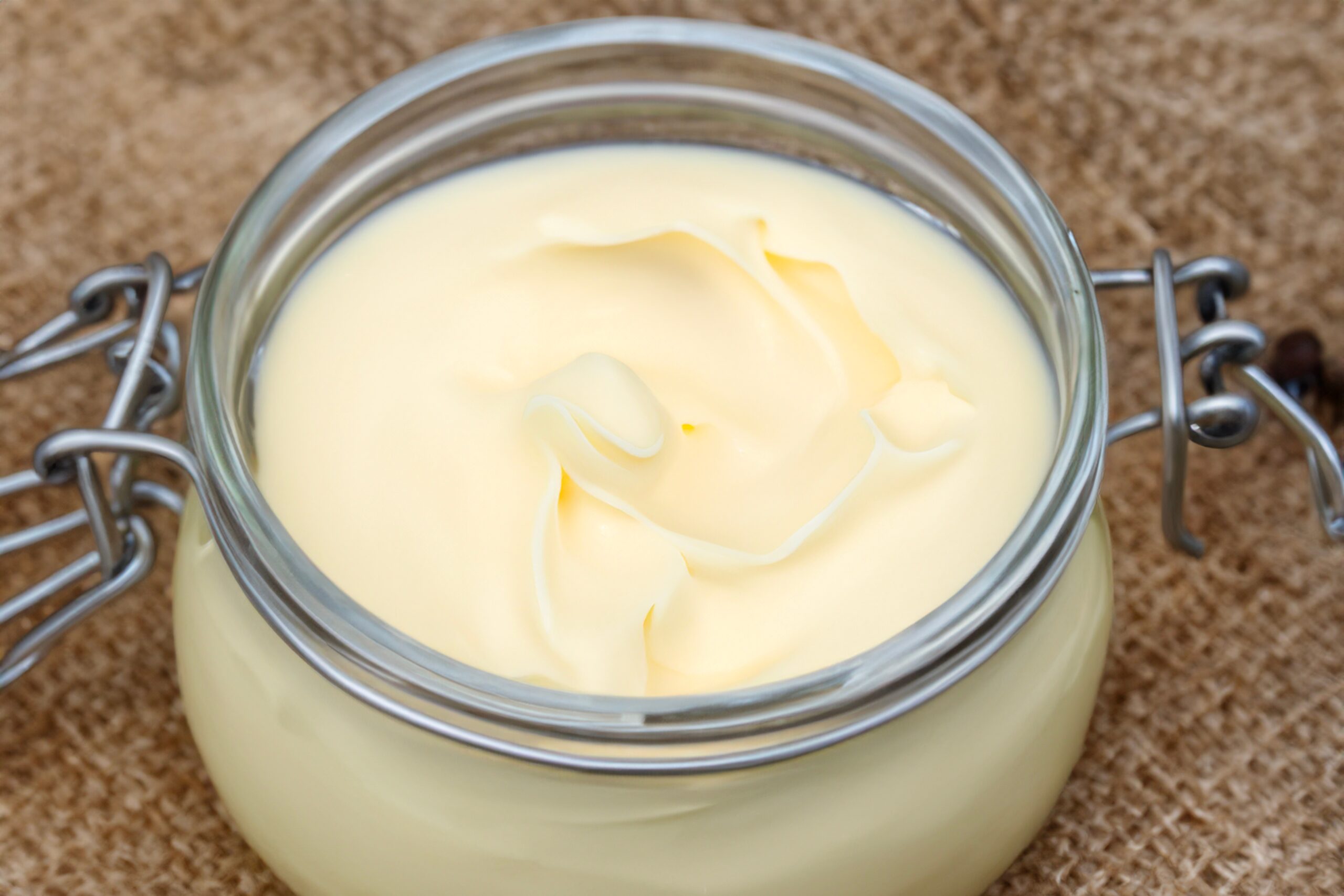As a dermatologist, I’ve seen countless skincare trends come and go. The latest buzz is beef tallow, or rendered beef fat, for skin. Tallow comes from the hard, fatty tissue that surrounds cow kidneys and other organs. While this old-school remedy is gaining new fans, it’s important to separate fact from fiction. Let’s dive into what beef tallow can (and can’t) do for your skin.
The Good: Moisturizing Properties of Beef Tallow
Beef tallow is rich in fatty acids (linoleic) that can act as emollients, helping to hydrate and soften the skin. Its composition is similar to human sebum, which may explain why some people find it particularly effective for moisturizing.
Nutrient Composition: More Than Just Fat
Beef tallow contains vitamins A, D, and E, which are known for their potential benefits in skin health. Vitamin A can help with cell turnover, while vitamin E is an antioxidant that may protect skin cells from damage.
Antioxidant Benefits: Fighting Free Radicals?
The antioxidants in beef tallow might help combat free radicals, which are responsible for skin aging. However, it’s important to note that these effects are limited compared to other skincare products specifically formulated for this purpose.
The Not-So-Good: Limitations and Risks
While beef tallow may have some benefits, it’s crucial to understand its limitations:
- Not a Sunscreen Substitute: Beef tallow does not provide adequate UV protection. It cannot replace sunscreen in protecting against skin cancer and premature aging.
- Potential for Clogged Pores: Due to its thick consistency, beef tallow may not be suitable for all skin types, especially those prone to acne.
- Limited Scientific Evidence: While anecdotal stories promote its use, there’s a lack of significant, robust scientific studies on beef tallow’s efficacy for skin health.
- Risks: It can be potentially irritating to skin. It is not FDA-approved to be used in skincare products. It is not vegan friendly. Then there are the purity and infectious concerns including mad cow disease.
Comparing Beef Tallow to Other Natural Oils
How does beef tallow stack up against other natural skincare ingredients?
- Coconut Oil: Similar moisturizing properties, but may be more comedogenic (pore-clogging) than beef tallow.
- Shea Butter: Rich in vitamins and fatty acids, often considered more versatile for various skin types.
- Jojoba Oil: Closest to human sebum in composition, making it suitable for most skin types.
While each has its merits, none can replace a comprehensive skincare routine that includes proper sun protection.
The Unbeatable Importance of Sunscreen
No matter how beneficial beef tallow or any other natural product might be, nothing can replace sunscreen in protecting your skin. Here’s why:
- UV Protection: Sunscreen is the only topical product that can effectively block harmful UV rays.
- Cancer Prevention: Regular sunscreen use significantly reduces the risk of skin cancer.
- Anti-Aging: Sunscreen is your best defense against premature skin aging caused by sun exposure.
At HMGS Dermatology, we always emphasize the critical role of sunscreen in any skincare routine.
A Holistic Approach to Skincare
While beef tallow may have a place for some adventurous folks, it’s essential to adopt a safe and holistic approach:
- Cleanse: Use a gentle cleanser suitable for your skin type.
- Moisturize: There are so tried and true, effective moisturizers on the market to help keep your skin hydrated.
- Protect: Always use a broad-spectrum sunscreen with at least SPF 30.
- Treat: Address specific skin concerns with targeted treatments recommended by a dermatologist.
The Bottom Line
Beef tallow may offer some benefits as a moisturizer and could be an option for those seeking natural skincare alternatives. However, it’s not a miracle product and certainly not a replacement for proven skincare essentials like sunscreen. It is also not well studied.
We will stick with our LaRoche, CeraVe, Eucerin, Elta MD, and Cetaphil moisturizers.
Remember, what works for one person may not work for another. If you’re considering incorporating beef tallow into your skincare routine, it’s always best to consult with a dermatologist first.
Your Skin Deserves Expert Care
At HMGS Dermatology, we’re committed to providing you with the most up-to-date, science-based skincare advice. Whether you’re curious about natural remedies like beef tallow or need guidance on building an effective skincare routine, our team is here to help.
Contact us to schedule a consultation and take the first step towards healthier, more radiant skin. Your skin’s health is our priority, and we’re here to guide you through the facts and fictions of skincare trends.
